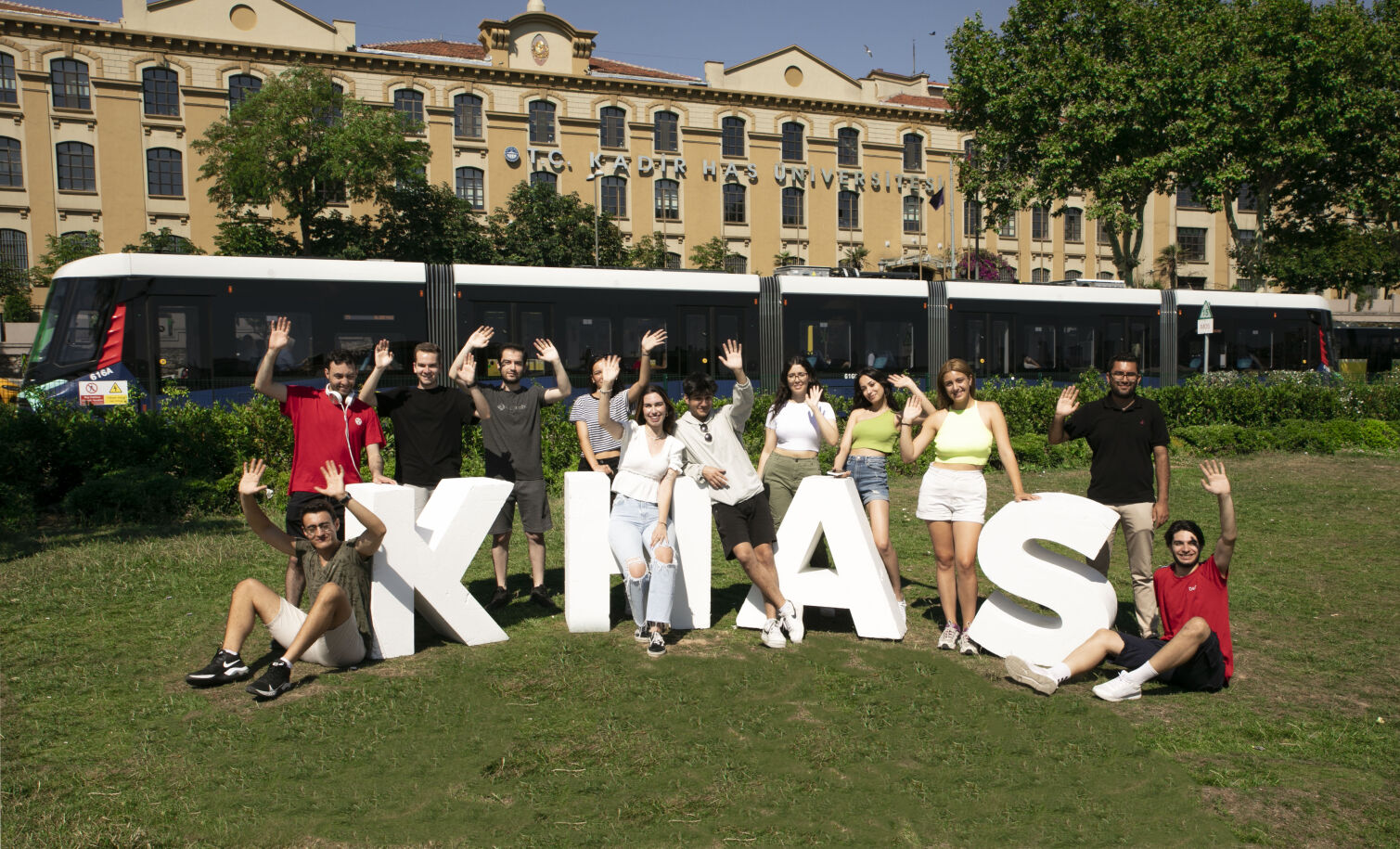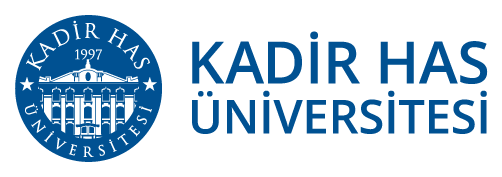STUDENT COUNCIL
University life represents a pivotal phase in our educational journey, distinct from the structured environment of our previous academic experiences. It is a time of growth, self-discovery, and the acquisition of life-altering experiences. To make the most of this precious period, it's crucial that we spend our university years as productively as possible, seeking to engage with a broad spectrum of opportunities and activities.
At the heart of enhancing the quality of university life is the University Student Council, the official student representative body of our institution. The Council is a dynamic, student-driven organization committed to enhancing the university experience for all students. One of the primary functions of the University Student Council is to offer unwavering support to the student body. It acts as a bridge between students and the university administration, advocating for the needs and concerns of students. Whether it's addressing academic issues, improving campus facilities, or ensuring the overall welfare of the student community, the Council is dedicated to ensuring that students' voices are heard and their concerns are addressed.

Kadir Has University is committed to fostering a dynamic and inclusive educational environment that values the active participation and engagement of its student body. This commitment is exemplified in the "KADIR HAS UNIVERSITY REGULATIONS FOR THE REPRESENTATION OF STUDENTS IN FACULTIES, INSTITUTES, VOCATIONAL SCHOOLS, AND UNIVERSITY COMMITTEES."
These regulations are a testament to the university's dedication to promoting transparency, fairness, and student representation in key decision-making processes at every level of the institution. They establish a framework through which students have a voice and an opportunity to influence policies, programs, and activities that directly affect their academic journey and overall university experience.
One of the fundamental aspects of these regulations is the formal representation of students in various university entities, including faculties, institutes, vocational schools, and university committees. Students are provided with the means to elect their representatives, who, in turn, serve as a vital link between the student body and the university's administrative and academic structures.
The presence of student representatives in these decision-making bodies ensures that student perspectives, concerns, and needs are given due consideration in matters of curriculum development, academic policies, and other university affairs. This democratic approach to representation encourages an open dialogue between students and the university administration, ultimately leading to a more responsive and student-oriented academic environment.
Additionally, these regulations help maintain accountability and fairness in university governance by specifying the processes for the selection, responsibilities, and terms of student representatives. This clarity and structure ensure that student voices are heard consistently, and their roles within the university are well-defined.
